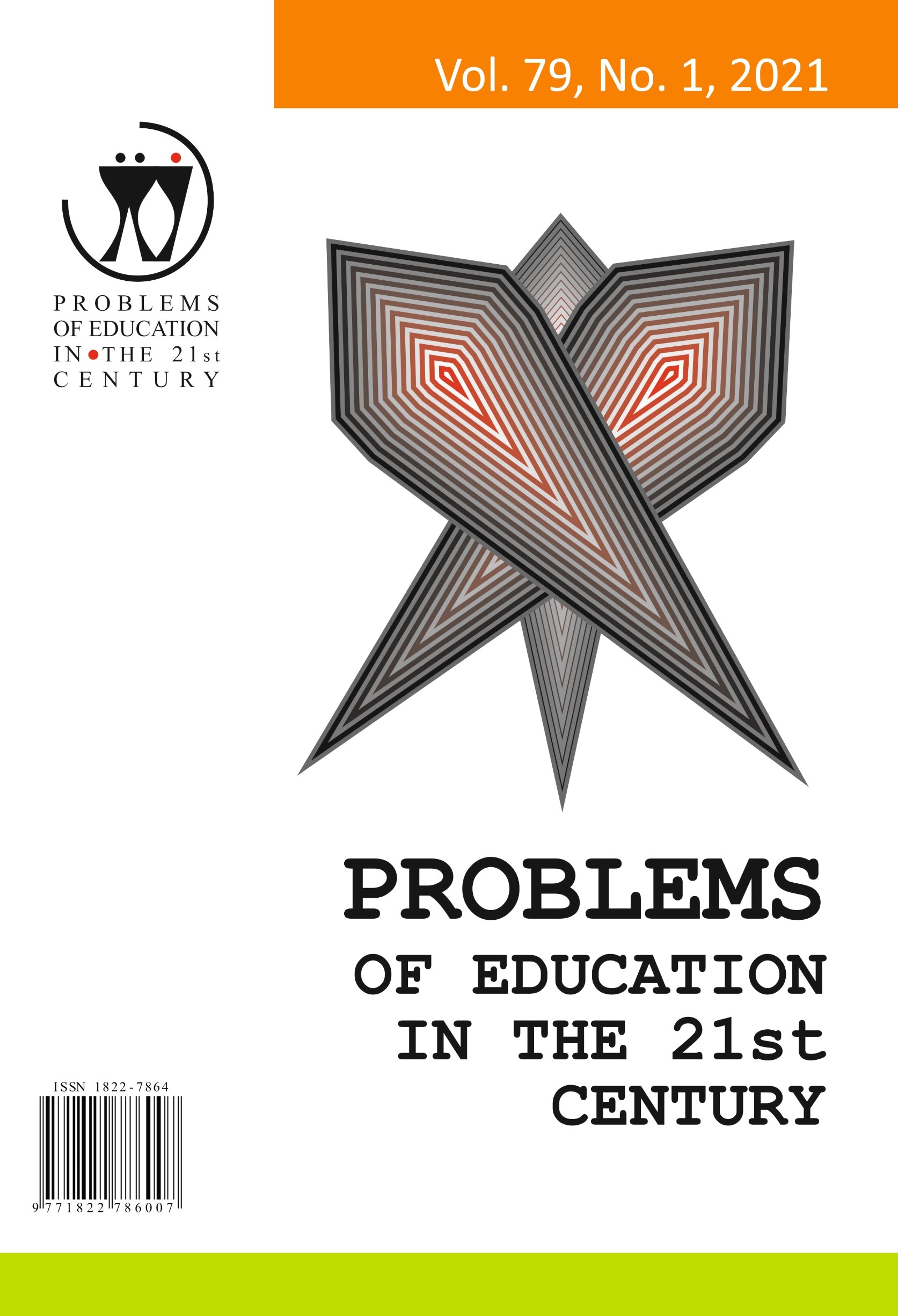THE IMPACT OF SECONDARY EDUCATION ON THE LEVEL OF FINANCIAL LITERACY: THE CASE OF SLOVAKIA
THE IMPACT OF SECONDARY EDUCATION ON THE LEVEL OF FINANCIAL LITERACY: THE CASE OF SLOVAKIA
Author(s): Patrik Böhm, Gabriela Böhmová, Viktória Šimková, Jana GazdíkováSubject(s): Social Sciences, Economy, Education, School education
Published by: Scientia Socialis, UAB
Keywords: financial literacy; secondary education; bachelor study program; tobit regression model;
Summary/Abstract: Financial literacy, specifically its measurement and education in this field, is a very current topic. The main aim of this research was to find out whether secondary school education had a positive impact on the level of student’s financial literacy and to identify other important factors that affected its level. All 363 first-year bachelor's students of the Faculty of Operations and Economic of Transport and Communications (FPEDAS), University of Zilina, Slovakia, took part in the research. The research consisted of two parts – a questionnaire and a test. The questionnaire focused on demographic, educational, and socio-economic factors influencing students' financial literacy. The test included items aimed at finding out whether students could correctly define selected concepts of the financial area, whether they understood these concepts, and were able to analyze them. The most important finding of the research was that the number of lessons dedicated to mathematics and financial literacy in secondary school did not have a statistically significant impact on the level of student’s financial literacy. On the contrary, the level of financial literacy was correlated with the overall performance of the student at the secondary school and the type of secondary school the student attended. The research also aimed to verify the hypothesis that the student's study program affected the level of his or her financial literacy. It turns out that increasing the number of mathematics or financial literacy lessons is not sufficient to improve financial literacy levels, but more important is teacher education, the content and form of the education and the effectiveness of the teaching process.
Journal: Problems of Education in the 21st Century
- Issue Year: 79/2021
- Issue No: 1
- Page Range: 13-33
- Page Count: 21
- Language: English

